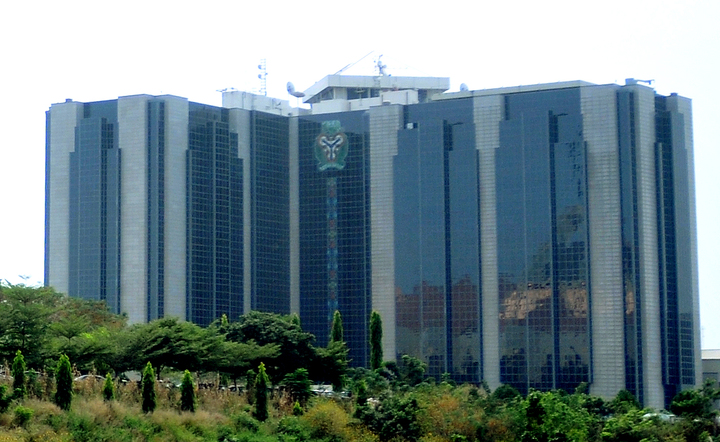
CBN Exempts 16 Items from Cybersecurity Levy…including Salary, Loans, Pension, Donations
The Central Bank of Nigeria (CBN) has exempted 16 items from 0.5 percent Cybersecurity levy on all electronic transactions.
CBN directed banks to begin charging 0.5% cybersecurity levy on transactions
as part of efforts to contain the rising threats of cybercrime in the financial system.
Economic Confidential reports that the deducted funds are to be remitted to the National Cybersecurity Fund (NCF), which shall be administered by the Office of the National Security Adviser (ONSA).
A circular released by the apex bank on Monday directed all commercial, merchant, non-interest and payment service banks.
The circular revealed that it was a follow-up on an earlier letter dated June 25, 2018 (Ref: BPS/DIR/GEN/CIR/05/008) and October 5, 2018 (Ref: BSD/DIR/GEN/LAB/11/023), in compliance with the Cybercrimes (Prohibition, Prevention, Etc.) Act 2015.
Following the enactment of the Cybercrime (Prohibition, Prevention, etc) (amendment) Act 2024 and under the provision of Section 44 (2)(a) of the Act, a levy of 0.5 per cent (0.005) equivalent to a half per cent of all electronic transactions value by the business specified in the Second Schedule of the Act, is to be remitted to the National Cybersecurity Fund which the Office of the National Security Adviser shall administer.
The Economic Confidential further reports that circular exempted some transactions from cybercrime levy.
They exemptions included loan disbursements and repayments; salary payments; intra-account transfers within the same bank or between different banks for the same customer; intra-bank transfers between customers of the same bank, and Other Financial Institutions (OFIs) instructions to their correspondent banks.
The exemption also applies to interbank placements; banks’ transfers to CBN and vice-versa; inter-branch transfers within a bank, cheques clearing and settlements; and Letters of Credits (LCs).
Others include banks’ recapitalisation related funding only bulk funds movement from collection accounts; savings and deposits including transactions involving long-term investments such as treasury bills, bonds; and commercial papers; government social welfare programmes transactions e.g. pension payments; non-profit and charitable transactions including donations to registered non- profit organisations or charities; educational institutions transactions, including tuition payments and other transaction involving schools, universities, or other educational institutions.
Transactions involving bank’s internal accounts such as suspense accounts, clearing accounts, profit and loss accounts, inter-branch accounts, reserve accounts, nostro and vostro accounts, and escrow accounts are also exempted from the levy.
The central bank warned that Section 44 (8) of the Act prescribes that failure to remit the levy constitutes an offence liable on conviction to a fine of not less than two per cent of the annual turnover of the defaulting business, among others.
PRNigeria reportPRNigeria report that the new levy is statutory requirement in the amendment Cybercrime act which was signed into law by President Bola Tinubu in February 2024.
Senator Shehu Umar Buba, the Chairman of the Senate Committee on National Intelligence and Security, sponsored the amendments to the Act.
While presenting the bill for the amendment at the National Assembly in October 2023, Senator Buba sought, among other things, to correct errors contained in the principal Act and empower the NSA to monitor compliance with the Act. He stressed the complexity of interpreting and applying specific provisions of the Cybercrime Act 2015, which had stifled national cybersecurity efforts in the face of well-organized cyber syndicates and adversaries.
He pointed out that inadequate funding and lack of prioritization might undermine the gains of Nigeria’s digital economy and cybersecurity efforts. He, therefore, advocated the necessity of the amendment to address gaps and realign with changing realities.
>>> Read full article>>>
Copyright for syndicated content belongs to the linked Source : EconomicConfidential – https://economicconfidential.com/2024/05/cbn-exempts-items/?utm_source=rss&utm_medium=rss&utm_campaign=cbn-exempts-items
